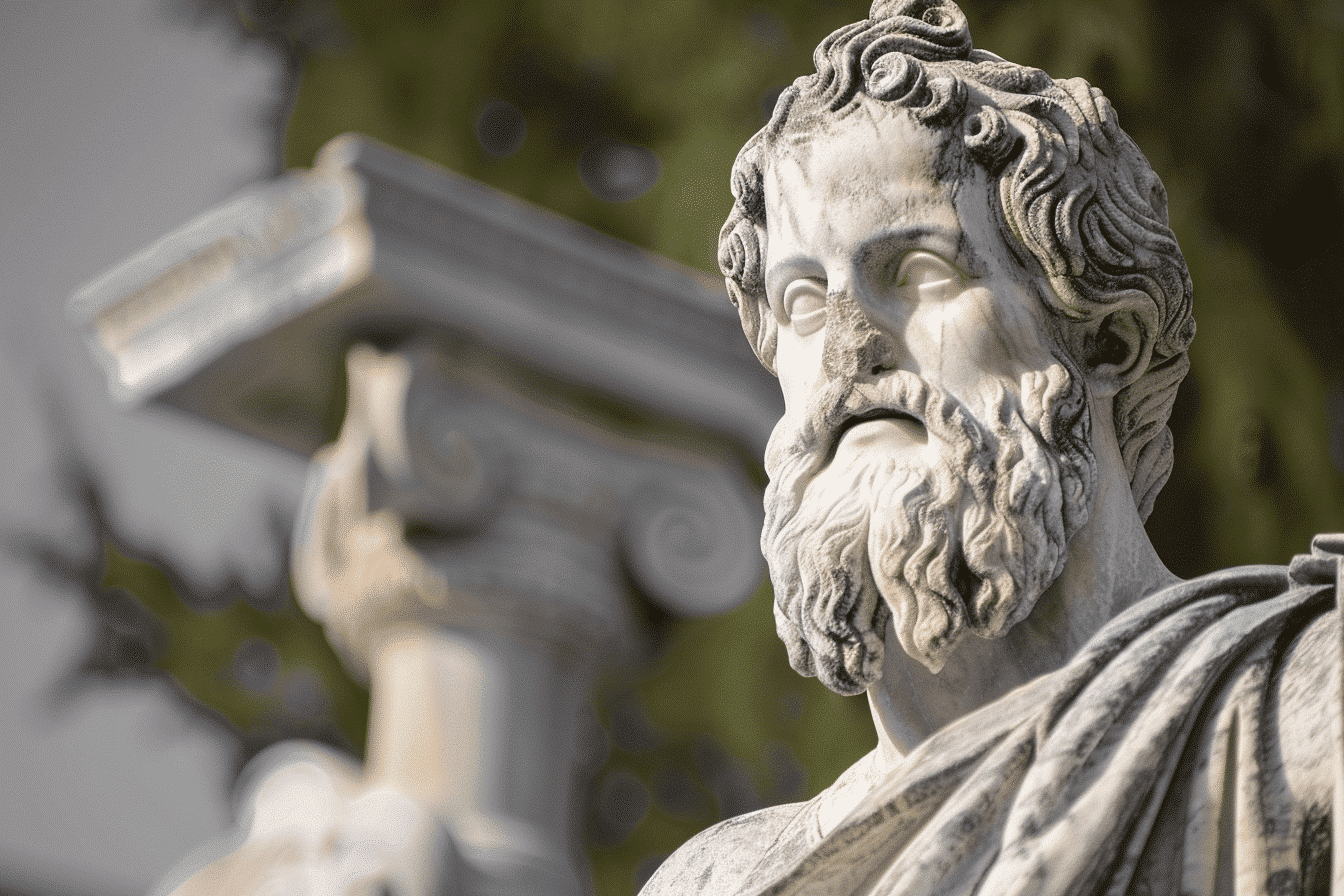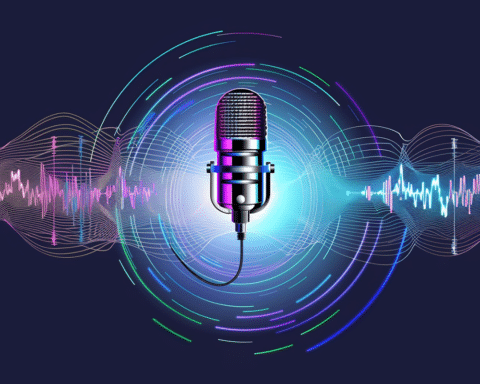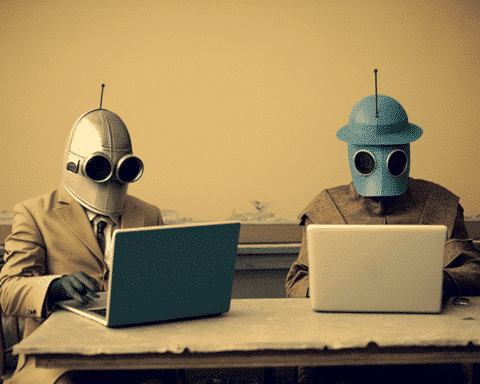In a groundbreaking discovery reminiscent of a second renaissance, researchers and tech innovators are using cutting-edge AI tools to uncover the secrets of ancient scrolls, including one that sheds light on the life of the famed Greek philosopher Plato.
The project, part of a broader effort to read, restore, and translate ancient and lost languages, recently made headlines with its claim to have located Plato’s final resting place in the garden of his Athens Academy. This discovery was made possible by scanning an ancient papyrus scroll recovered from a villa in Herculaneum, buried by the eruption of Mount Vesuvius in AD79.
The scroll, known as The History of the Academy and authored by the philosopher Philodemus in the first century, had been studied for years, but its fragmented and faded state posed a significant challenge. Using hyperspectral imaging, scholars were able to illuminate the scroll fragments with infrared light, revealing previously invisible letters and reconstructing 20% to 30% more of the text, adding 1,000 extra letters.
The scroll not only provides insights into Plato’s life but also hints at the existence of one or possibly two unknown books on the Megarians and the Cynics, offering tantalizing prospects for further discoveries. The success of this project has sparked a new wave of efforts to unlock the secrets of other ancient texts, including the carbonized scrolls from Herculaneum, too fragile to physically unroll.
Led by computer scientist Brent Seales at the University of Kentucky, researchers have developed techniques to virtually unwrap CT scans of these scrolls, deciphering text without unrolling them. The Vesuvius Challenge, a competition supported by Silicon Valley entrepreneurs, recently awarded prizes for deciphering text from scans of scroll fragments, with plans to read 90% of a scroll by the end of this year.
The potential of these technologies extends beyond the Herculaneum scrolls, offering a glimpse into the ancient world preserved in papyrus wrapped around Egyptian mummies and other artifacts. Tools like Ithaca, a Transformer-based architecture developed by scholars and AI experts, are revolutionizing the field by predicting missing characters in inscriptions and proposing their origins.
This new approach, characterized by collaboration between computer engineers and scholars, has proven successful in reshaping our understanding of ancient languages and cultures. By building clean and well-curated datasets that cover a wide range of languages and writings, researchers are earning the trust and engagement of both the public and scholarly communities.
As we unlock more of the past with these innovative technologies, we are not only expanding our knowledge of antiquity but also gaining insights into the thoughts, language, society, and politics of ancient civilizations. The second renaissance is upon us, fueled by the marriage of ancient wisdom and modern technology, promising a deeper understanding of our shared human history.




